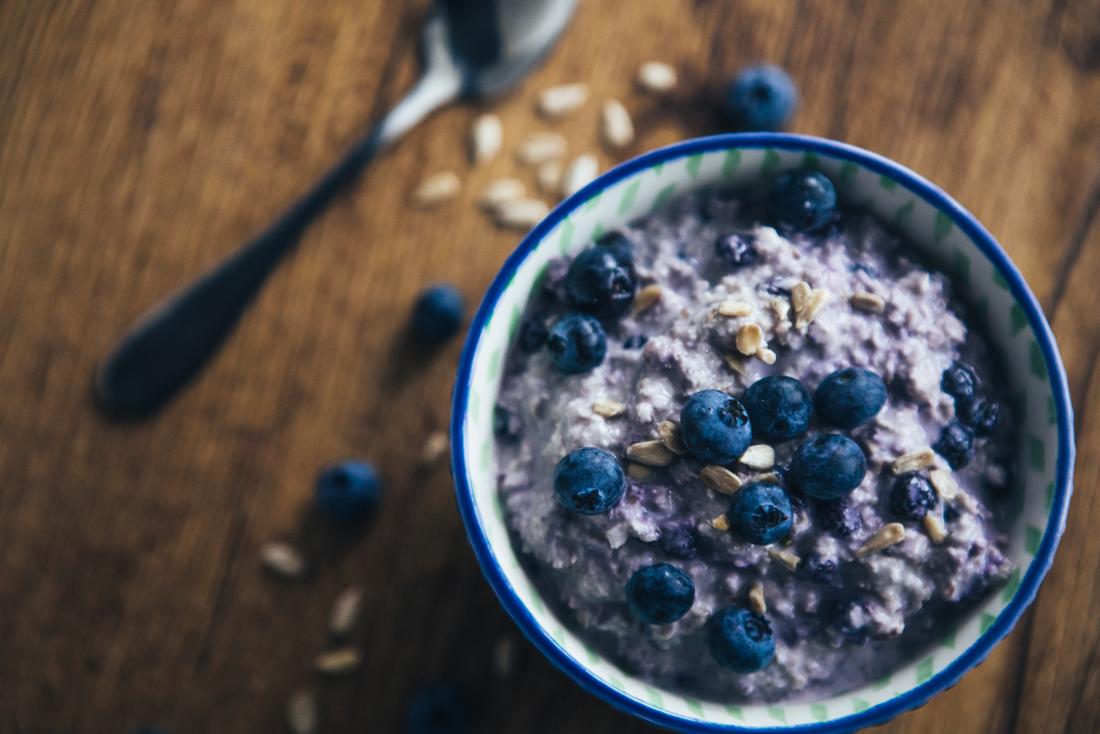Most nutrition labels base their recommendations on a 2,000 calorie diet. So, consuming 1,200 calories a day may involve a significant reduction in daily calories or may represent a slight reduction, depending on a person’s usual calorie intake.
Larger people, males, active individuals, breastfeeding or pregnant women, or those with certain medical conditions typically need more calories each day than other people. For those who need fewer calories, a 1,200 calorie diet is usually safe and potentially effective.
The number of calories a person needs each day depends on several factors, including their age, sex, activity level, and body size.
Basics
Age, sex, activity level, and body size all affect the number of calories a person should consume.
The average adult needs 1,600–3,000 calories every day to sustain their body weight. When a person consumes fewer calories than they need, the body begins to shed weight. It does this first by burning fat, and then eventually, other tissue, including muscle.
Most people need significantly more than 1,200 calories a day. Therefore, individuals who cut their daily intake to 1,200 calories can expect to lose some weight. This can be beneficial for people who are overweight or obese.
Some research suggests that a low calorie diet, such as a 1,200 calorie diet, offers additional health benefits. The National Institute of Health (NIH) note that in animal studies, lower calorie diets helped animals live longer and reduced the risk of diseases, such as cancer. Observational studies of groups that consume fewer calories suggest they are healthier.
However, this data is incomplete. Not all research on animals applies to humans. It is also possible that other factors, such as the specific foods that people eat when following a low calorie diet, may be responsible for improved health.
Some research also suggests that weight loss is about more than the calories a person consumes and burns. The body may change the rate at which it burns calories depending on how many calories a person eats. Therefore a person on a 1,200 calorie diet may burn fewer of them. This can slow weight loss.
It is possible that some people might not lose any weight or will need to remain on a restricted calorie diet for a significant time before seeing results. Weight loss will vary between people. For some people, an alternative approach, such as getting more exercise or consuming less sugar, might be a better option.
Meal ideas
People on a 1,200 calorie diet need to eat nutrient dense food to avoid feeling hungry and prevent malnourishment. Lean proteins tend to be very dense in nutrients and low in calories. White carbohydrates, such as white bread, by contrast, contain more calories and fewer nutrients.
The National Heart, Lung, and Blood Institute (NHLBI) provide menu plans and other information about which foods to choose when following a 1,200 calorie diet.
Some other meal and food ideas are as follows:
Breakfast

Oatmeal is a good breakfast option because it is packed with nutrients.
- ½ cup shredded wheat cereal with 1 cup 1% milk
- reduced fat yogurt with blueberries
- berry and banana smoothie
- hard boiled egg
- 1 slice whole grain toast with peanut butter
- 1 cup fat free cottage cheese with pineapple or strawberries
- 1 cup of oatmeal with berries or a banana
- ½ an avocado with 1 cup fat free cottage cheese
Lunch
- A can or pouch of tuna, flavored with lemon juice or pepper
- arugula salad with cranberries, walnuts, lemon juice, balsamic vinaigrette, and a light sprinkling of Parmesan cheese
- 1 cup of Greek yogurt with honey, berries, and almonds
- almond butter on a whole grain English muffin
- 1 avocado with salsa
- roast beef sandwich with low calorie mayonnaise, lettuce, and tomato on whole wheat bread
Dinner
- 2 ounces (oz) salmon cooked in vegetable oil, with pepper or lemon juice
- avocado toast on whole wheat bread with a side of green beans
- sweet potato with margarine and 4 oz grilled chicken
- ½ cup brown rice with 1 cup steamed vegetables and low fat cottage cheese
- 1 cup whole wheat pasta with marinara sauce and three turkey or soy meatballs
Snack ideas
- mixed nuts, not flavored or with added sugar
- peach or mango, ideal for coping with sugar cravings
- guacamole and raw veggies
- ½ avocado with hot sauce
- 1 serving unsalted canned mixed veggies
- peanut butter on whole grain toast
- 1 oz unsalted pistachios
- 1/3 cup hummus with raw vegetables
- string cheese
- ½ cup sliced peaches and 1 oz prosciutto
Treats
Following a 1,200 calorie diet does not necessarily mean that a person has to avoid any specific foods entirely.
Allowing an occasional small treat may make it easier to stick to this restrictive diet. However, very high calorie foods, such as large muffins or slices of cake, can make it difficult to stay under 1,200 calories for the day while maintaining nutritional needs.
Treats that could work within a 1,200 calorie diet can include:
- small servings of treat foods, such as a single cookie or five potato chips
- popcorn, which is low in calories
- kettle corn, which offers a sweet crunch but without all the calories of most sweet snacks
- seasoned and flavored whole wheat crackers, which provide a salty crunch similar to potato chips
Eliminating empty calories from the diet can free up more space for treats. Some sources of empty calories include:
- sweetened beverages, including sugar in coffee, alcohol, and sweetened fruit juices
- white bread and pasta
- soda
- oils and butter that are high in saturated and trans fats
- high calorie condiments
Safety

A person should talk to a doctor before starting a restrictive diet.
It is more difficult to get essential macronutrients, such as proteins and fats, and micronutrients, such as vitamins and minerals, on a low calorie diet. Therefore, it is important to read nutritional labels and talk to a doctor before trying this method of eating.
A dietitian can often help with creating a personalized eating plan.
People who should not eat very low calorie diets include:
- those who are already underweight
- females whose menstrual cycles have stopped because of being underweight or eating a very low calorie diet
- individuals with eating disorders
- pregnant or breastfeeding women
- children, especially very young children
- those with specific nutritional deficiencies or imbalances
- people whose doctors have told them to avoid low calorie diets
A 1,200 calorie diet can potentially be unhealthful for some people. For example, a person who receives all of their calories from sweetened cereal, potato chips, or cookies may suffer from malnourishment.
Summary
Reducing the number of calories a person consumes can help them lose weight. Low calorie diets may also reduce the risk of certain diseases, and help a person see weight loss that encourages them to stick with the diet.
Weight is not the only or best measure of health. A person will not necessarily get healthier merely by losing weight. In some cases, weight loss can even make a person less healthy, especially if they eat unhealthful foods or do consume enough essential nutrients.
Also, sticking to a very low calorie diet can prove difficult, especially for people who struggle with food cravings. No matter what weight loss plan a person chooses, it is vital to choose a diet and exercise program that they can manage for the rest of their life.
A doctor or dietitian can help with planning a custom diet and nutrition plan that offers the right balance of treats and nutrient dense food.
